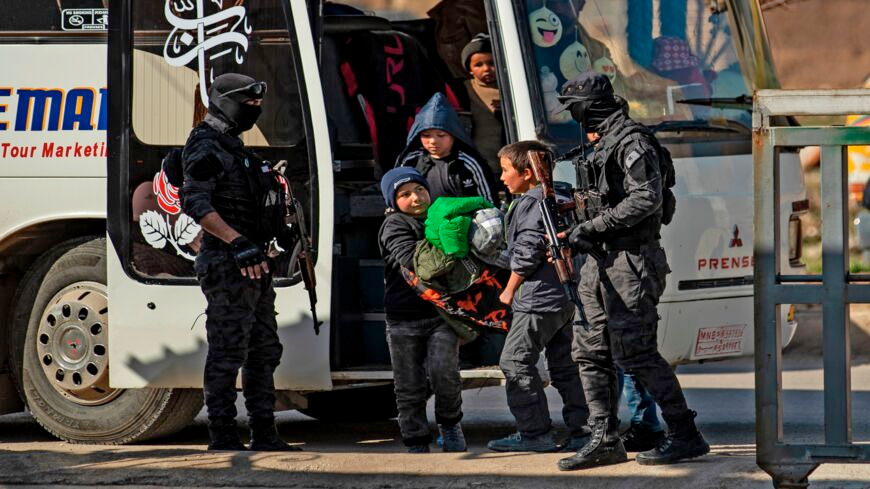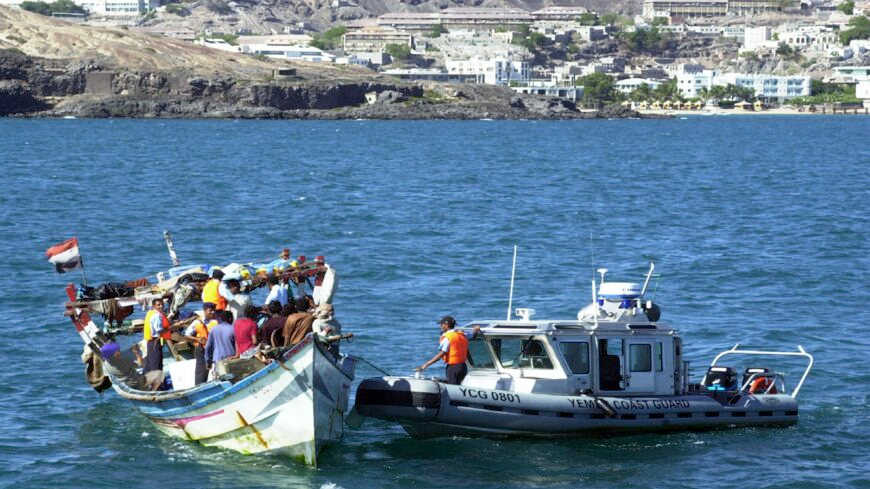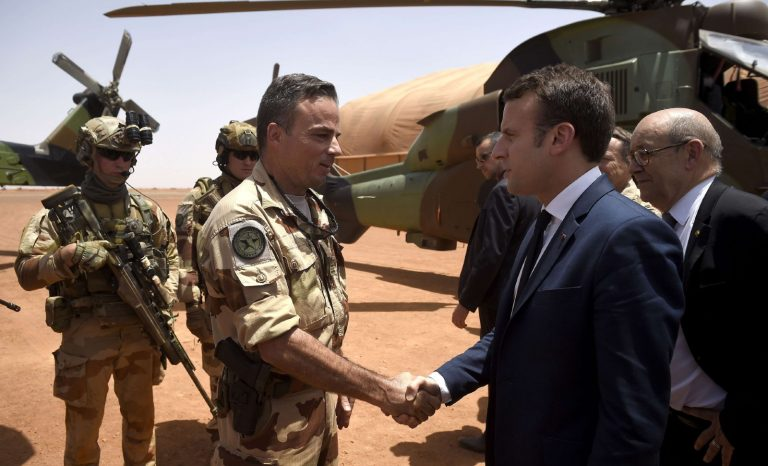Israel’s new government on Monday approved a contentious parade by Israeli nationalists through Palestinian areas around Jerusalem’s Old City, setting the stage for possible renewed confrontations just weeks after an 11-day war with Hamas militants in the Gaza Strip. Hamas called on Palestinians to “resist” the march.
The parade, scheduled for Tuesday, creates an early test for the fledgling government led by Prime Minister Naftali Bennett — a patchwork of parties that includes hard-line nationalists as well as the first Arab party to sit in a governing coalition.
Every year, Israeli ultranationalists hold the boisterous march, waving blue-and-white flags and chanting slogans as they march through the Old City’s Damascus Gate and into the heart of the Muslim Quarter to celebrate Israel’s capture of east Jerusalem in the 1967 Mideast war. The Palestinians consider the march a provocation.
The parade was originally scheduled for May 10. At the time, tensions already were high following weeks of clashes between Israeli police and Palestinian demonstrators around the Al-Aqsa Mosque, one of Islam’s holiest sites, as well as attempts by Jewish settlers to evict dozens of Palestinians from their homes in a nearby neighborhood.
As thousands of Jewish activists began the procession, police ordered a change in the route to avoid the Damascus Gate. Hamas militants in Gaza then fired a barrage of rockets toward Jerusalem, igniting the war that took over 250 Palestinian lives and killed 13 people in Israel.
U.N. deputy spokesman Farhan Haq said U.N. officials have made clear “the need for all sides to refrain from unilateral steps and provocations, for them to exercise restraint and allow for the necessary work to be done to solidify the current cease-fire.”
Omer Bar-Lev, the new Cabinet minister who oversees police, said he met with police, military and top security officials to review the plan.
“I got the impression that the police are well-prepared and a great effort is being made to preserve the delicate fabric of life and public security,” Bar-Lev said.
His statement gave no details on the parade route. But Israeli media said the crowd would walk past the Damascus Gate but not enter the Muslim Quarter.
A police official, speaking on condition of anonymity because he was not authorized to talk to the media, said about 2,000 police would be deployed.
Israel annexed east Jerusalem after the 1967 war and considers the area, home to the city’s most sensitive religious sites, to be part of its capital. The competing claims to the holy city by Palestinians and Israelis lie at the heart of the conflict and have sparked many rounds of violence.
Hamas issued a statement calling on Palestinians to show “valiant resistance” to the march. It urged people to gather in the streets of the Old City and at the Al-Aqsa Mosque to “rise up in the face of the occupier and resist it by all means to stop its crimes and arrogance.”
Israeli Channel 13 TV said the military was on heightened alert in the occupied West Bank and along the Gaza front to prepare for possible violence.
The military said it was “conducting ongoing situational assessments and is prepared for a variety of developments and scenarios.” It said, however, there were no reinforcements of troops.
Israeli lawmakers on Sunday narrowly approved Bennett’s new governing coalition, ousting Benjamin Netanyahu after 12 years in power.
On Monday, Bennett held a brief handover meeting with his predecessor, but without the formal ceremony that traditionally accompanies a change in government — a sign of Netanyahu’s lingering anger and hostility toward the new government.
Bennett presides over a diverse and fragile coalition comprised of eight small and midsize parties with deep ideological differences — but promised to try to heal the divided nation. Netanyahu serves as the opposition leader.
David Bitan, a Likud lawmaker, told Kan public radio that Netanyahu did not hold a formal handover ceremony with Bennett because he feels “cheated” by the formation of the Bennett-Lapid government and “doesn’t want to give even the slightest legitimacy to this matter.”
The coalition includes three parties that are headed by politicians who used to be Netanyahu allies, including Bennett. Although they share Netanyahu’s hard-line ideology on many issues, the three leaders clashed with the divisive former prime minister over his personality and leadership style.
Under a coalition agreement, Bennett will hold the office of premier for the first two years of the term, and then Foreign Minister Yair Lapid, the architect of the coalition, will become prime minister.
Bennett, 49, became prime minister after Sunday’s 60-59 vote in Knesset, capping a chaotic parliamentary session. The motion passed after a member of the coalition was taken by ambulance from hospital to the parliament building to cast her vote, and despite an abstention by a coalition member from the Islamist Raam party.
Bennett faces a challenge of holding the tenuous coalition together and said he is prioritizing mending the many rifts dividing Israeli society.




